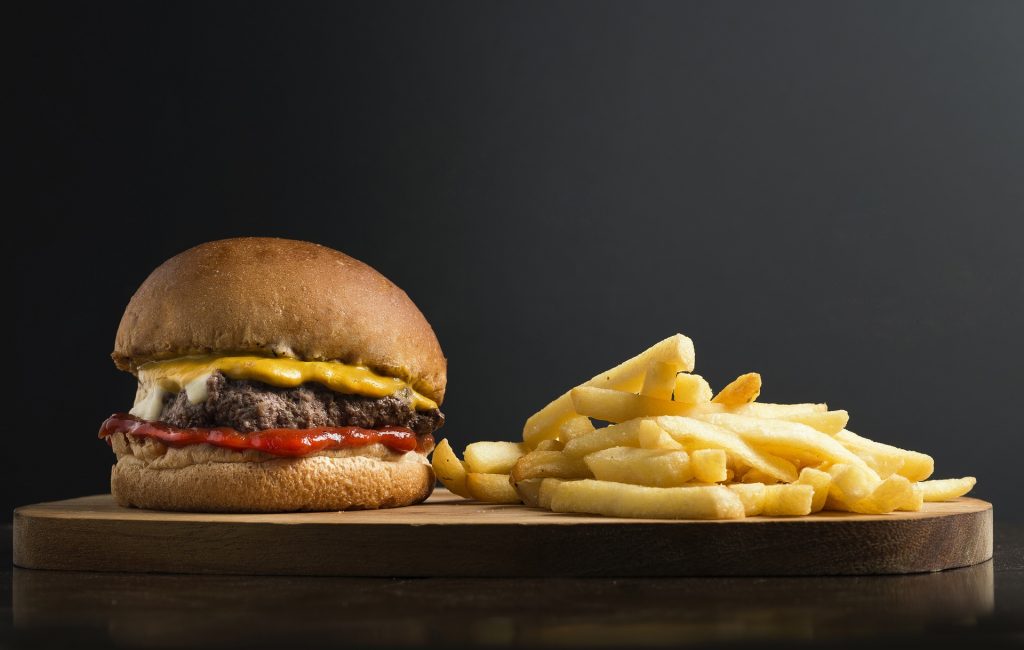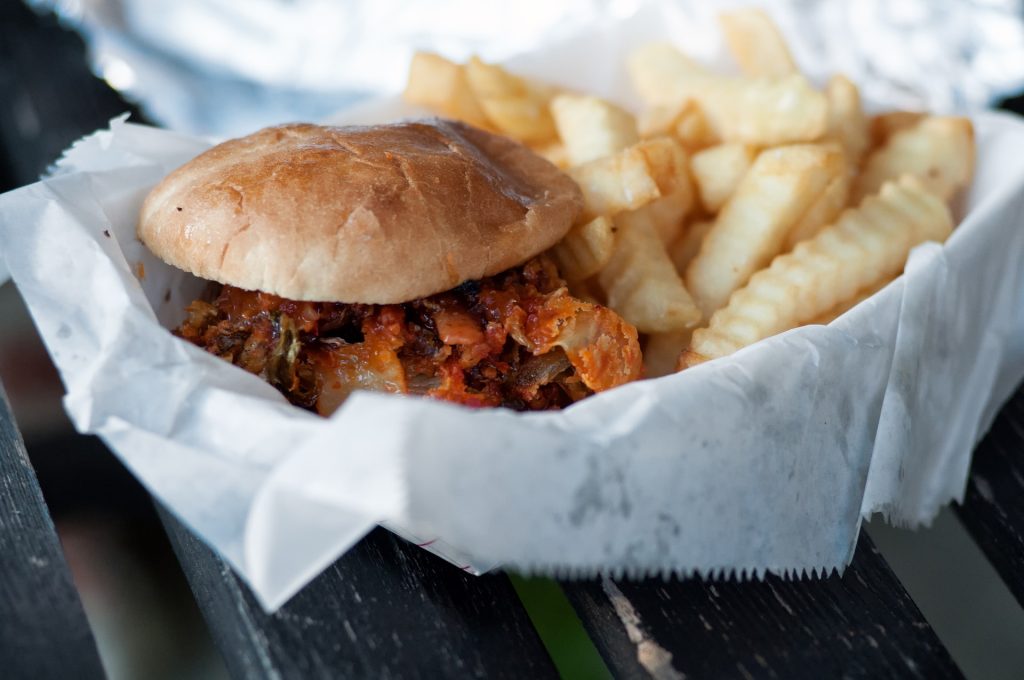McDonald’s shares surge as company aims to win back the 500 million customers lost since 2012.
Shares of McDonald’s in the US rose 3.8 per cent in July, hitting an all-time high, after posting the biggest rise in sales at established restaurants globally in five years.
This followed on the company announcing in March that it was setting the framework for winning back the more than 500 million customers lost since 2012. In April McDonald’s announced that quarterly profits had risen by a better than expected 8%, despite a 3.9% fall in revenue. Operating costs dropped nearly 12%.
CEO Steve Easterbrook launched a turnaround plan involving slashing overheads, weeding out underperforming restaurants, offering the breakfast menu all day, and switching US restaurants to chicken raised without human antibiotics.
McDonald’s reiterated that its focus will be on four pillars: menu innovation, store renovations, digital ordering and delivery in order to achieve sustained growth and attract more customers.

Just Eat sponsor Dublin bikes
Online takeaway ordering company Just Eat is replacing Coca-Cola as commercial sponsor of the Dublin Bikes rental scheme.
The popular bike rental service arrived in Dublin in 2009 as a partnership between Dublin City Council and advertising company JC Decaux.
In 2014 Coca-Cola committed to a three year deal, which saw each bike branded with Coca-Cola Zero.
From end August Just Eat will replace the Coke Zero branding on more than 1,500 bikes at 102 stations around the city. In return Just Eat will invest €2.25 million in the scheme over the next three years, an increase of 15 per cent on the Coca-Cola deal.
Wicklow School loses challenge to stop McDonald’s opening 100 metres from school gates
A secondary school in Greystones, Co Wicklow, has lost its challenge to overturn planning permission for a drive-thru McDonald’s less than 100 metres from the school’s front entrance.
Temple Carraig School was challenging a September 30th 2015 decision by An Bord Pleanála approving a development, comprising a McDonald’s restaurant, a health and fitness studio and commercial unit at the Blacklion Neighbourhood Centre.
The school did not consider having a fast-food restaurant almost on its doorstep “is conducive to healthy eating by impressionable children going to and from the school”.
The issue was whether An Bord Pleanála erred in how it made its decision and the court’s conclusion was it had not erred in any of the ways alleged and did all that was required of it under the Planning and Development Act 2000.
Mr Justice Max Barrett dismissed claims that the Board failed to meet obligations under the Act to “have regard to” Government policies and objectives concerning the health of children. He said that the statutory obligation to “have regard to” government policies and objectives “means just that” and does not entail an obligation to follow such policies and objectives.
However in the period since the challenge, McDonald’s appears, to have lost interest in proceeding with the restaurant, and it presently seems more likely a supermarket will be developed on the site.
Huge rise in fast food outlets in England since 2014
The number of fast-food takeaways in England has risen by 4,000 in the past three years, an increase of 8%.

According to new figures provided to the Guardian newspaper by Cambridge University’s Centre for Diet and Activity Research (Cedar), there are now 56,638 takeaways in England – more than a quarter of all the country’s food outlets.
The takeaway figures are drawn from Cedar’s new Food Environment Assessment Tool (Feat). Based on Ordnance Survey data, for the first time it enables users to map, measure and monitor access to a range of different types of food outlet – including takeaways, supermarkets and cafes – across the whole of England, at local authority, council ward and postcode level.
Takeaways are defined by Feat as food outlets where hot food is ordered and paid for at the till, with no waiter service and limited or no sit-in option. It includes bakeries, such as Greggs, as well as multinationals like KFC and McDonald’s, and local independent takeaways.
Many of the 326 local authorities mapped have seenlarge increases in the number of takeaways between 2014 and 2017, with twenty recording rises of more than 20%. Only 40 councils (12%) have seen the number of fast food outlets fall or stay the same.
Feat shows that some of the most rapid takeaway growth over the past three years was in relatively affluent home county areas in the south east. However, of the 30 council areas where takeaways are the predominant kind of food outlet, 25 are in economically deprived areas of the north, with notable clusters in the north-west.
McDelivery in the UK – via Uber
McDonald’s is piloting home delivery services in the UK through Uber’s food delivery service, UberEats.
McDonald’s will offer ‘McDelivery’ from 22 outlets across London and another 10 restaurants in Leeds and Nottingham – although customers will have to live within a 1.5 mile radius of a restaurant.
McDonald’s said it would be monitoring the trial closely to see whether it proved popular. The fast-food giant has done a similar tie-up with Uber in the US, while the chain already delivers in China and Singapore.
The launch comes after KFC launched home deliveries from 30 outlets in greater London via the Just Eat platform earlier this year.
Growth in the number of ready-to-eat food deliveries was stronger than that for the broader eating out market last year, according to analysts at NPD Group.